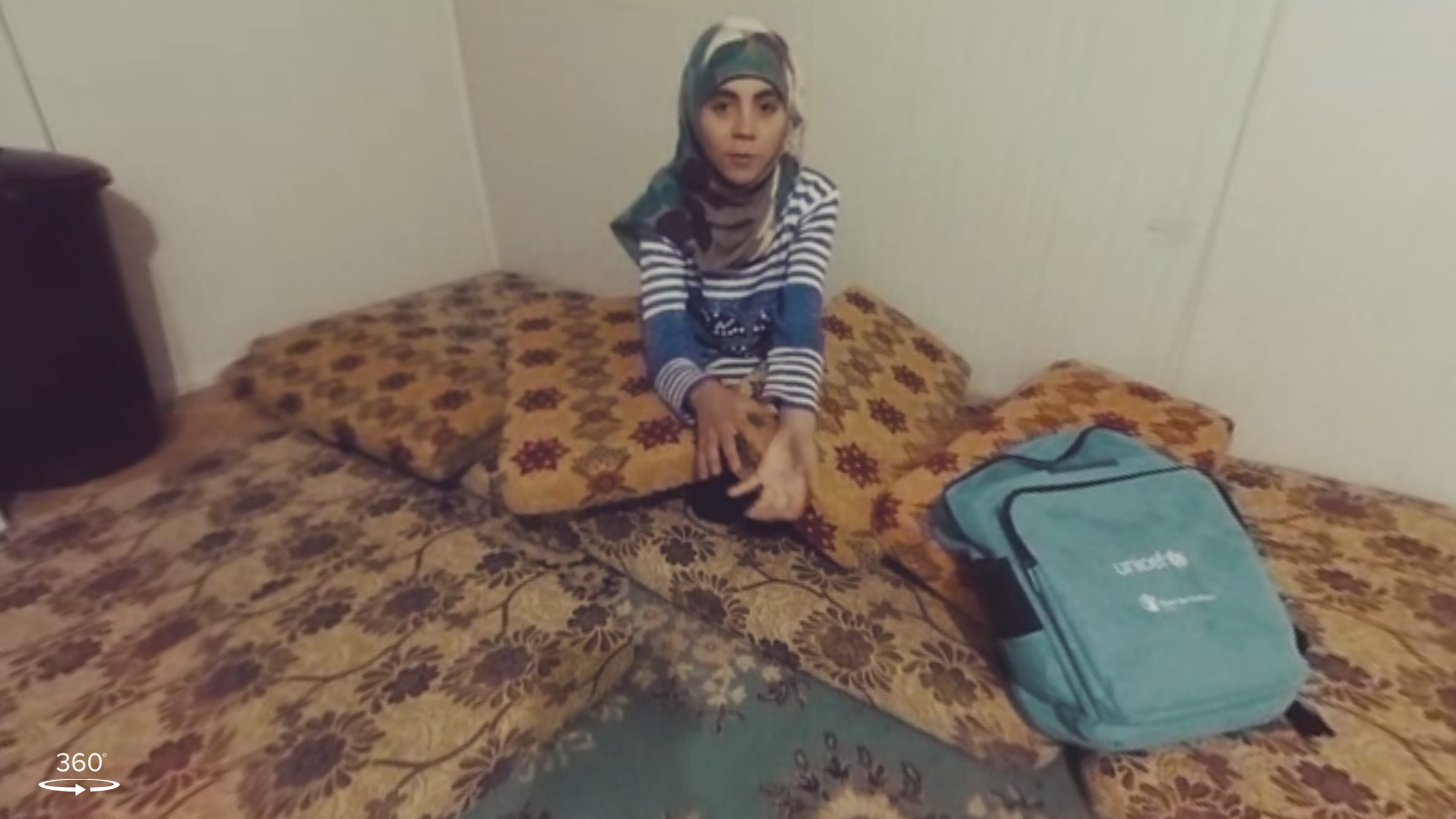Community, Leadership, Experimentation, Diversity, & Education
Pittsburgh Arts, Regional Theatre, New Work, Producing, Copyright, Labor Unions,
New Products, Coping Skills, J-O-Bs...
Theatre industry news, University & School of Drama Announcements, plus occasional course support for
Carnegie Mellon School of Drama Faculty, Staff, Students, and Alumni.
CMU School of Drama
Monday, October 07, 2019
A Broken Empathy Machine?
Immerse: The past five years have seen an explosion in both the technical capability and the affordability of virtual reality (VR) headsets which has enabled VR to spread outside of the lab into consumer environments. This progress has been accompanied by an increased interest in the use of VR as a means of conveying narrative including nonfiction narratives. For the past two years the Virtual Realities: Immersive Documentary Encounters project has been examining the production process for, and audience reactions to, this new field of virtual reality nonfiction (VRNF).
Subscribe to:
Post Comments (Atom)

3 comments:
I have always been incredibly fascinated with VR, and the ways in which it has been described throughout this article reminded me of immersive theatre. I am also just completely fascinated with this article as a whole, especially regarding empathy as a “machine”. Today, the technology we are faced with is so extremely complex that is has become apart of our human experience. The project described throughout this article regarding the level of empathy towards Muslim people looks at the concept of Empathy and virtual, almost fabricated Empathy in a very striking way. However, what is even more striking is the ways in which people responded (or didn’t respond) to the content they were faced with. Personally, if I were to have had the opportunity to experience this VR program, I think It would have been difficult and impacted my life on a grander scale. However, very few responded with taking action regarding this issue. On the whole, I think this was an incredibly moving project and very interesting to read about!
I suppose that this study is a bit disappointing, although not terribly surprising. Unless I missed a note on it, I did not see anything regarding the possible interference that the novelty of VR might have on the experience of those testing groups. I personally have never used a VR headset, and I think that in a study like this, a significant portion of my brain would be dedicated to what I was thinking and feeling and observing. I would also be interested in seeing another axis of this study done with live performance and immersive live performance. Do people generally gain greater empathy after learning about someone else’s life and challenges? Also, I think I have read that different people have different capacity for empathy, although it can be developed, and this capacity is mostly or entirely a physical part of the brain. I wonder if they could select exclusively individuals who have high and low capacity and do all this testing in those separate groups, and if that would have different results.
The progression of VR – even through what I have learned and read about here on the Green Page blog for the past 2 and a half-ish years – has been almost alarmingly fast and complex. I think it is interesting to think about the use of VR as a tool for social change and to increase empathy between the subject and the audience member of the subject by making them an experiencer rather than an observer. I can see how people, especially when you think about the mindset creators have approaching their art and performances with the mindset that it must enact change in audiences, would think that an elevation in interaction and immersion in a nonfiction narrative may change an audience’s implicit bias or awareness of social issues. However, I think that the fantastical and fiction settings that VR has been widely introduced, developed, and distributed with has conditioned audiences of VR to experience VR more as “experience tourism” than an empathetic experience. This is a fear the author talks about VRNF creators need to be aware of, which I think is extremely important if this is the next direction VR is going.
Post a Comment